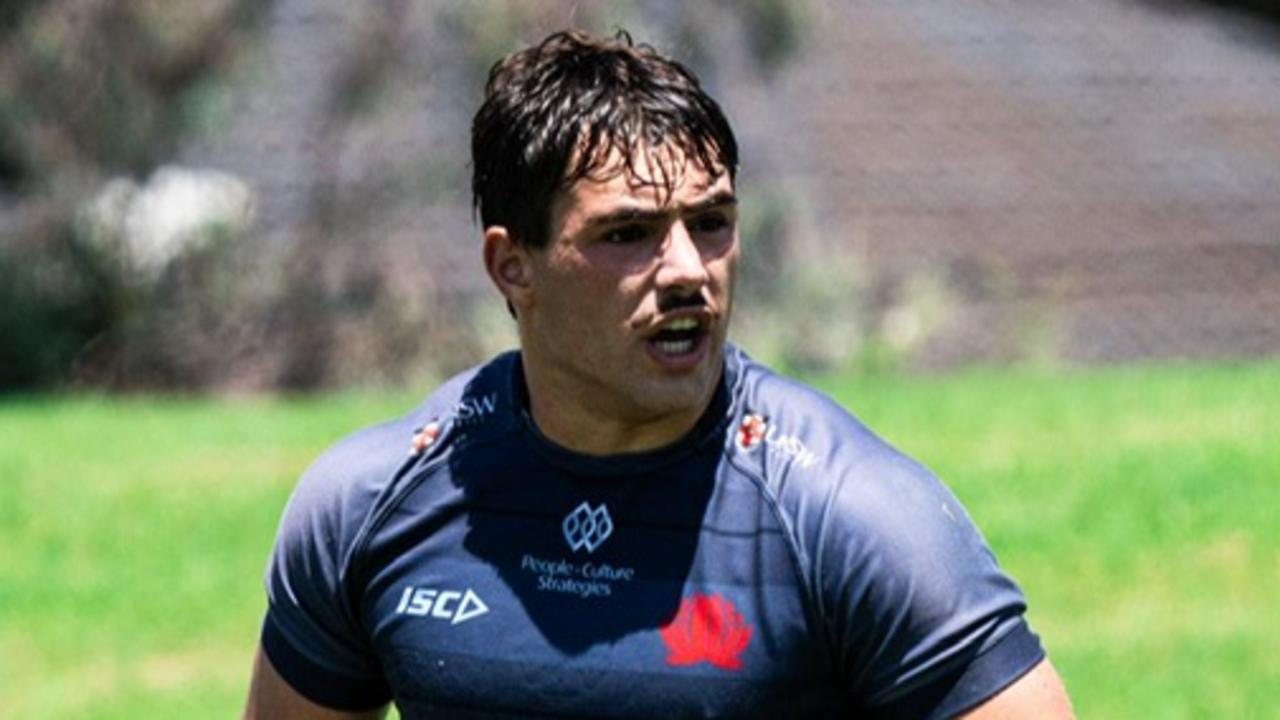Canberra Business Chamber, ACTCOSS: we ask what are Canberra’s federal budget priorities
We take a look at the federal budget priorities for Canberra and the Capital Region
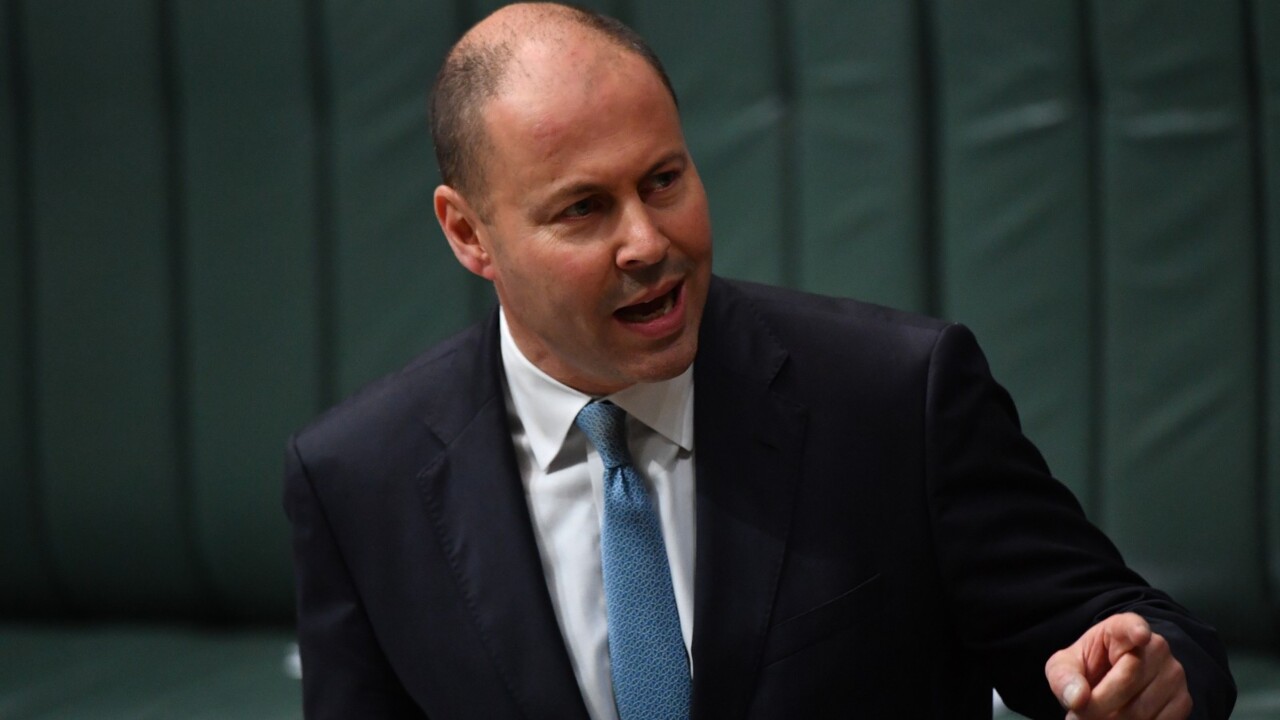
Canberra Star
Don't miss out on the headlines from Canberra Star. Followed categories will be added to My News.
The 2022-23 federal budget will be handed down on Tuesday evening by Treasurer Josh Frydenberg.
With a federal election looming this year’s budget is expected to be a rallying cry for Scott Morrison’s Liberal-National government.
Yet behind the politicking the federal budget has one really important purpose: allocating much needed funds to the communities who need it.
We spoke to local and Territory governments and interest groups in Canberra and the Capital Region to see what kind of federal investments they want to see in this year’s budget.
ACT Government
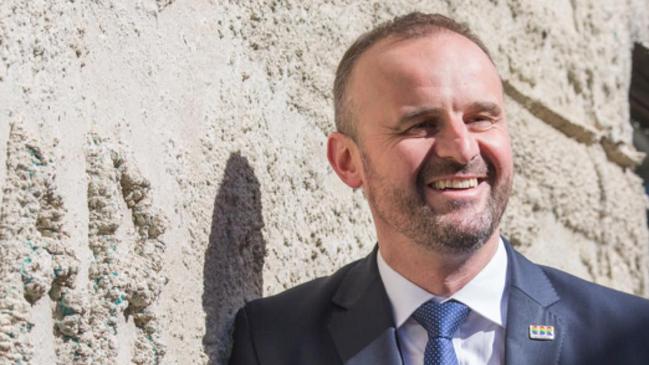
A statement from Chief Minister Andrew Barr’s office identified three key priorities the ACT Government wanted to see supported in this year’s federal budget:
- Funding for AIS Arena reopening
- No cuts to Australian Public Service or National institutions
- A fair share of infrastructure funding for the ACT
ACT Greens
ACT Greens cross bench MLAs Jo Clay, Johnathan Davis and Andrew Braddock said they’d like to see the federal government support an Australian Public Service work hub in Canberra’s north, “active travel” infrastructure, and support for education.
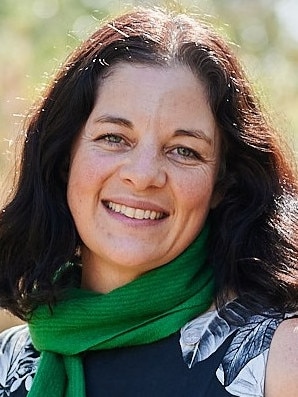
Ms Clay said she wanted to see the federal budget fund public transport and “active travel”.
“We keep building roads, but more roads simply fill up with more congestion as well as increasing climate emissions,” she said.
“If the federal government is serious about climate change, they need to properly fund active travel and public transport instead.”
Ms Clay said she would want to see the federal government commit an amount equivalent to 20 per cent of the roads budget to active travel infrastructure, such as bike paths and footpaths.
“We already have agreement to this at a local level and federal funding would really help,” she said.
Ms Clay also said much of the existing active travel infrastructure was in need of an upgrade, listing the following projects in her seat of Ginninderra, which falls in the federal divisions of Canberra and Fenner.
- Road safety upgrades at Jamison shops and Canberra High School.
- Building a separated bike path along Belconnen Way between Hawker and Belconnen.
- Extending the Belconnen Bikeway West through all the way through Florey along John Cleland Drive connecting with the C3 bikeway out to Charnwood.
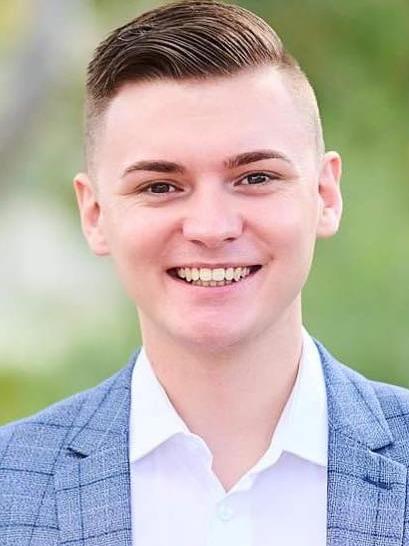
Mr Davis said he wanted to see the federal government respond to the Australian Education Union’s ‘Every School Every Child’ Campaign.
“(The campaign aims) to see public schools funded to a minimum of 100% of the ‘Schooling Resource Standard’ (SRS) which is recognised as the minimum funding requirement to give every child the greatest opportunity to achieve their full potential,” Mr Davis said.
“Every dollar spent on education is an investment in students, in teachers, in communities, in industry and in our countries ability to remain competitive in a changing world.”
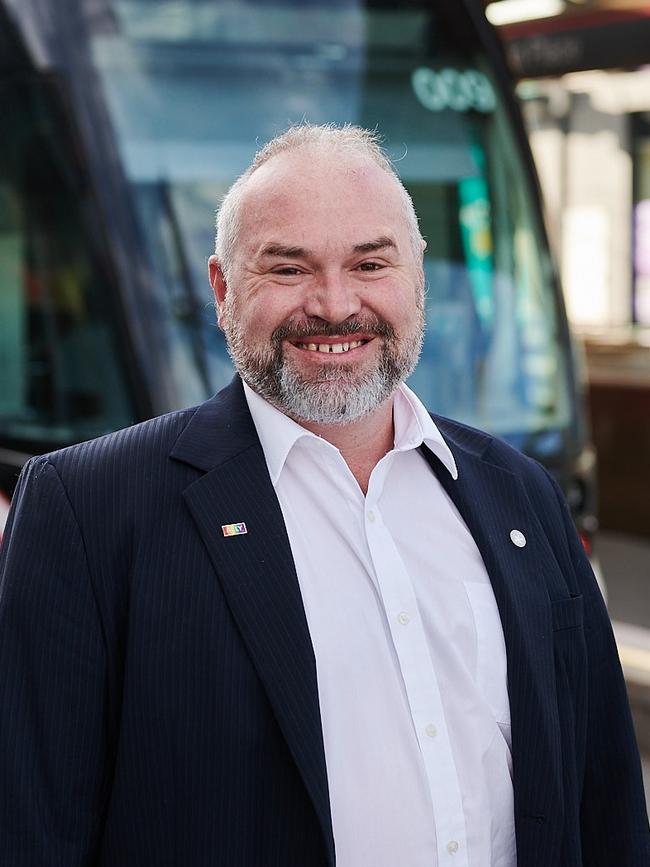
Mr Braddock said he would like to see the creation of an APS Work Hub in the district of Gungahlin in Canberra’s north.
“This is an idea that the local Yerrabi community have been asking for,” he said.
“The work hub would mean greater employment opportunities for the Yerrabi community and it would allow APS employees to work closer to home, reducing their commute and helping with flexible work arrangements.
“An APS Work Hub would also save the federal government money on rental overheads, and it would create opportunities for cross department networking.”
Canberra Liberals
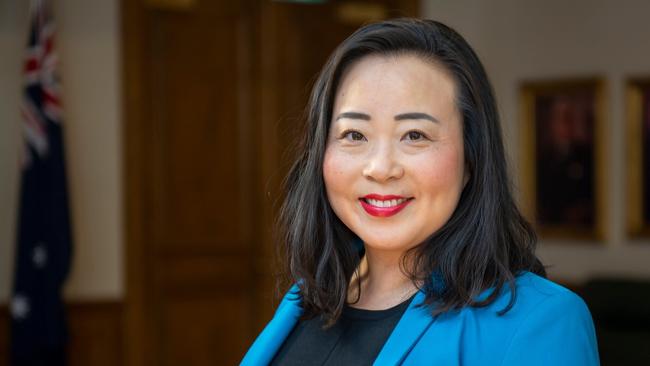
ACT Opposition leader Elizabeth Lee said she hoped to see funding from the federal budget to address housing affordability, cost of living, and infrastructure in the ACT.
Ms Lee said Canberra is experiencing a housing crisis and said any measures in the budget to make housing more affordable would be welcomed.
“The local ACT Labor-Greens government refuses to act (on housing affordability) and won’t pull the levers they have available to them including releasing more land for more affordable housing,” she said.
“To his credit, Senator Zed Seselja has been working hard to pull the levers he has available including lobbying for release of federal land for detached housing while the ACT Labor-Greens Government does nothing.
Ms Lee said under the current ACT Government cost of living in Canberra had “skyrocketed’ with many Canberrans “doing it tough” and said she would welcome any measures to ease the cost of living.
Ms Lee said in recent weeks she was thankful to see funding commitments from the federal government for ACT infrastructure projects.
“This ranges from $46.7 million towards the Athllon Drive Duplication to $16 million for upgrading pedestrian and active travel-ways in the ACT,” she said.
“The federal Liberal National government has invested record funding towards infrastructure in the ACT totalling $2.1 billion since 2018.”
Queanbeyan- Palerang Regional Council
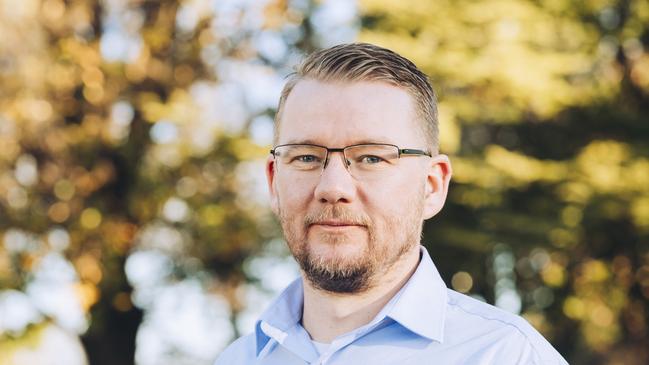
Queanbeyan-Palerang Regional Council mayor Kenrick Winchester told The Canberra Star the council faces “numerous challenges that would benefit from assistance in the upcoming budget”.
Mr Winchester said the Queanbeyan-Palerang local government area faced “pressure for higher services, greater housing supply and higher economic demands” which all put pressure on Council.
He said areas that could be supported by federal funding in the budget included;
- Assisting Council with the recovery of costs where growing Councils are not able to maintain current service levels.
- Deliver supply chain improvements to make service delivery more time and cost effective than it currently is.
- Assistance with addressing labour shortages in key areas like planning and engineering and further funds for more training opportunities in these areas.
- Support for Councils that provide services to large rural areas with diverse needs.
- Support that will improve Councils ability to fund its asset depreciation cost.
- Increased support for Councils affected by natural disasters.
Mr Winchester said there were a number of large projects in the LGA that he would like to see financial assistance for including:
- Queanbeyan Sewage Treatment Plant Upgrade
- Sealing and pavement rehabilitation on Nerriga Road
- Briars Sharrow Bridge Construction
- Reschs Creek Bridge Construction
- Tarago Road pavement rehabilitation
- Regional Sports Complex Stage 2 (stadium)
- Bungendore Pool replacement
- Braidwood Depot relocation
- Braidwood carpark stage 2
ACT Council of Social Services (ACTCOSS)
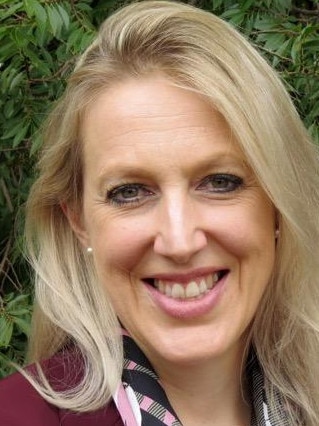
ACT Council of Social Services CEO Dr Emma Campbell said the organisation hoped to see investment in social housing, an increase of welfare payments to $70 per day, and said she wanted the government to rescind Stage 3 tax cuts to fund public service.
Dr Campbell said nearly 38,000 Canberrans, including more than 9000 children, are living in poverty.
“The current level of Jobseeker forces many Canberrans to choose between the essentials (such as) putting food on the table, covering their rent or paying utilities,” she said.
“Canberra is the most expensive capital city to rent a home and we have the highest rate of rental stress for people on low incomes of any jurisdiction.
“The cost of living in the ACT continues to increase meaning that people are struggling to afford the basics including healthcare.
“We have the highest rate of people delaying filling or not filling prescriptions because of cost and the second highest rate of people delaying or not seeing GPs due to cost.”
Canberra Business Chamber
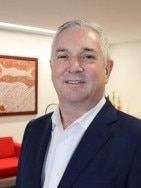
CEO Graham Catt said he wanted to see support for small businesses, assistance for businesses to manage rising costs and investment in sports and conferencing infrastructure.
Mr Catt said despite the stereotype of Canberrans all being public servants, 65 per cent of territory jobs were in the private sector, with around 31,000 businesses in the territory.
“The vast majority are small businesses,” he said.
“As we move into a phase of economic recovery we need our small businesses to become bigger businesses. That’s how we’ll grow the ACT economy and create more jobs.”
Mr Catt said the biggest challenge for most Canberra businesses was finding the workers, skills and talent they need.
“This has been exacerbated by a lack of international students and working holiday makers, and by staff and their families catching Covid-19 or having to isolate,” he said.
“Businesses here are competing for workers with each other, with other states and territories, and with the Commonwealth and ACT public service.”
Mr Catt said there was no “easy fix” for this problem but said the business chamber would welcome initiatives that provide short and long term incentives for people to work in Canberra.
“(This includes) investments in training to incentivising both skilled and unskilled migration, and better connecting those who need a job with employers who are desperate for staff,” he said.
“Housing affordability is a big factor in attracting people to Canberra, so business will be watching closely for initiative in this area.”
He said Canberra’s business community would also be looking for policy initiative that would assist in managing rising costs.
“The Treasurer has signalled clearly that the time for financial support is over, so what we need now are policies that encourage spending and create demand, initiatives that keep key costs down, and policies that support business in managing rising costs,” he said.
Finally Mr Catt said he was eager to see investment from the federal government for the ACT’s sporting and conference infrastructure.
“Canberra is the seat of government, yet our conferencing, sporting, and major entertainment facilities are ageing and increasingly not fit for purpose,” he said.
“ If we can make major investments in this sort of infrastructure, the benefits that will flow to the local economy through business events, as well as sports and entertainment, are significant.”




